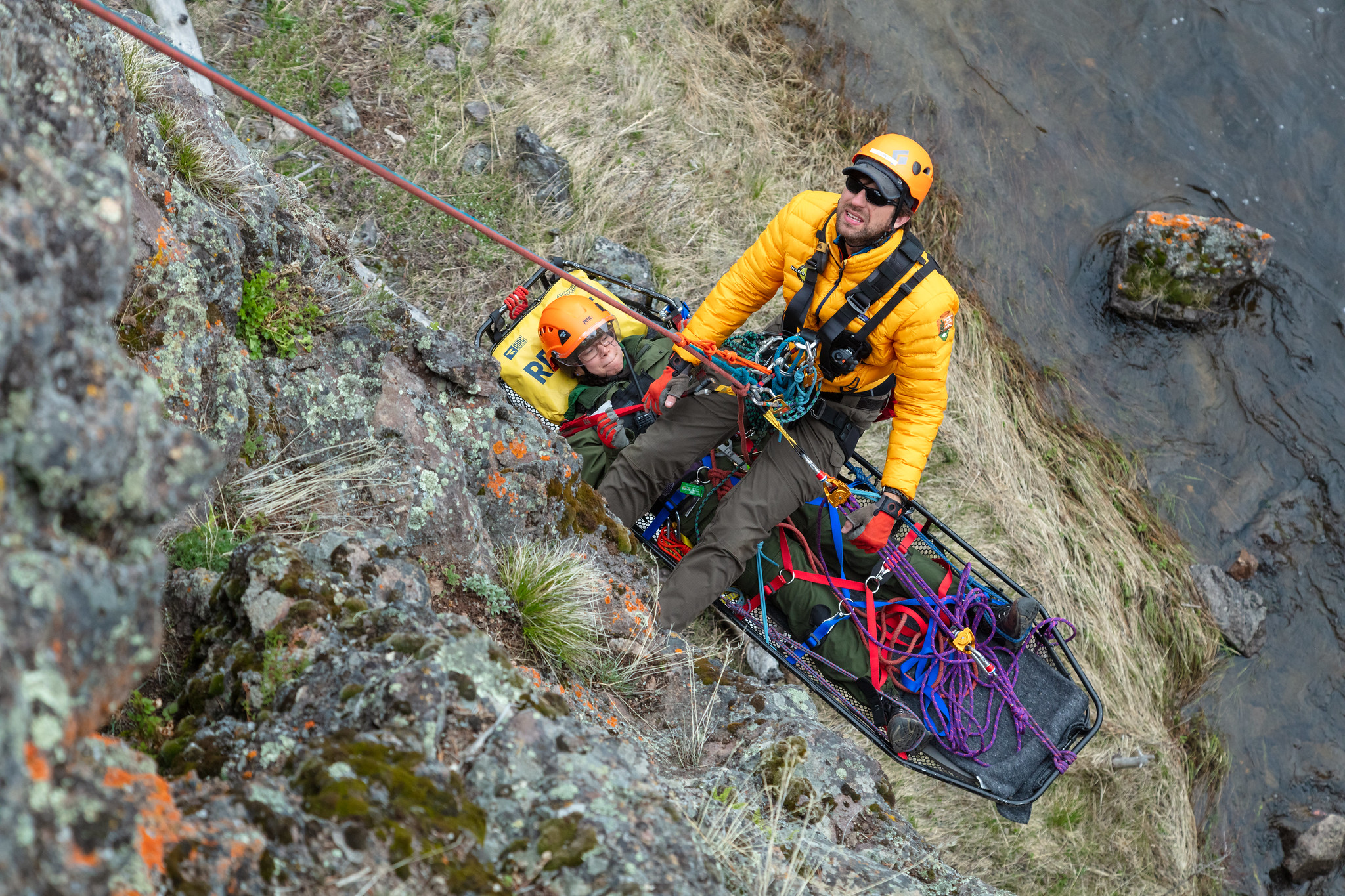A new report from Garmin that examines global inReach SOS data from 2023 shows that it’s not just backcountry adventurers who are triggering SOS calls these days. Although hikers and backpackers are the largest user group relying on the GPS feature to contact emergency services, Garmin’s data shows that the biggest increase in SOS calls in 2023 came from driving-related incidents.
“This emphasizes the importance of having an inReach on hand for everyday ‘just-in-case’ situations,” Garmin writes in its report. The company points out that many of these emergency calls came from drivers who broke down, hit bad weather, or were involved in (or witnessed) an accident outside of cellphone range.

Photograph courtesy of Garmin / OpenStreetMap
This takeaway is only part of the picture, as the Garmin report takes a broader look at where SOS calls were triggered in 2023 and why. Because the Iridium satellite network covers 100 percent of the globe, inReach devices can be used anywhere in the world. The above map shows SOS calls being triggered from every continent except Antarctica in 2023, with the highest density of calls coming from the Western U.S.
Read Next: Best GPS for Hunters and Anglers
The top reasons for hitting the SOS button were injuries or medical issues, followed by vehicle-related problems. The other most common reasons were being stranded, stuck, or lost. Garmin’s report also shows that the majority of SOS calls came from hikers and backpackers in 2023. After drivers and motorcyclists, which represented the second-highest percentage of callers, the groups that hit the SOS button the most (in order) were: boaters, climbers, campers, snowmobilers, hunters, and skiers. Although it doesn’t give exact percentages, the report features a pie chart showing the other outdoor user groups that triggered calls, including anglers, cyclists, horseback riders, sailors, and whitewater rafters.

Graph courtesy of Garmin
“Responses from all over the world — from New Zealand to Norway to Argentina and Canada — were coordinated for plane crashes, grizzly bear encounters, sinking sailboats, skiers in avalanches, stranded divers, injured climbers and many more,” Garmin writes in the report.
The vast amount of SOS data that Garmin gathered last year shouldn’t come as a surprise. Garmin’s inReach series — which includes the full-size inReach, the MINI 2, and the Messenger — has become one of the gold standards of backcountry satellite communication. In 2022, Garmin announced a milestone of 10,000 SOS calls being triggered from around the world. The 2023 report did not note the volume of calls, just the user groups and response. The data tracks with what we know about outdoor recreation: more people tend to hike, backpack, and drive than, say, paraglide, so it makes more sense that this group has a proportionally larger need for SOS calls.
Read Next: Garmin inReach MINI 2 Review
These GPS devices are plenty useful even without the SOS button, which should only be used as a last resort. An inReach also allow you to drop waypoints, set tracks, and send texts to family or friends who could potentially help you out of a non-life threatening situation. I started using an inReach while guiding fishing trips in Alaska and it’s been an essential piece of my kit ever since. And because I spend a lot of time driving out of cell range these days, my inReach now lives in the center console of my truck when it’s not stashed away in a pack. I’ve (fortunately) never had to use the SOS button, but I constantly use the pre-set message feature to send updates to my wife (most of the time, it’s to let her know I’ll be home a little later than expected). The Garmin report points out that just opening a line of communication with someone via inReach helped almost 10 percent of people self rescue, rather than requiring rescue from first responders.

